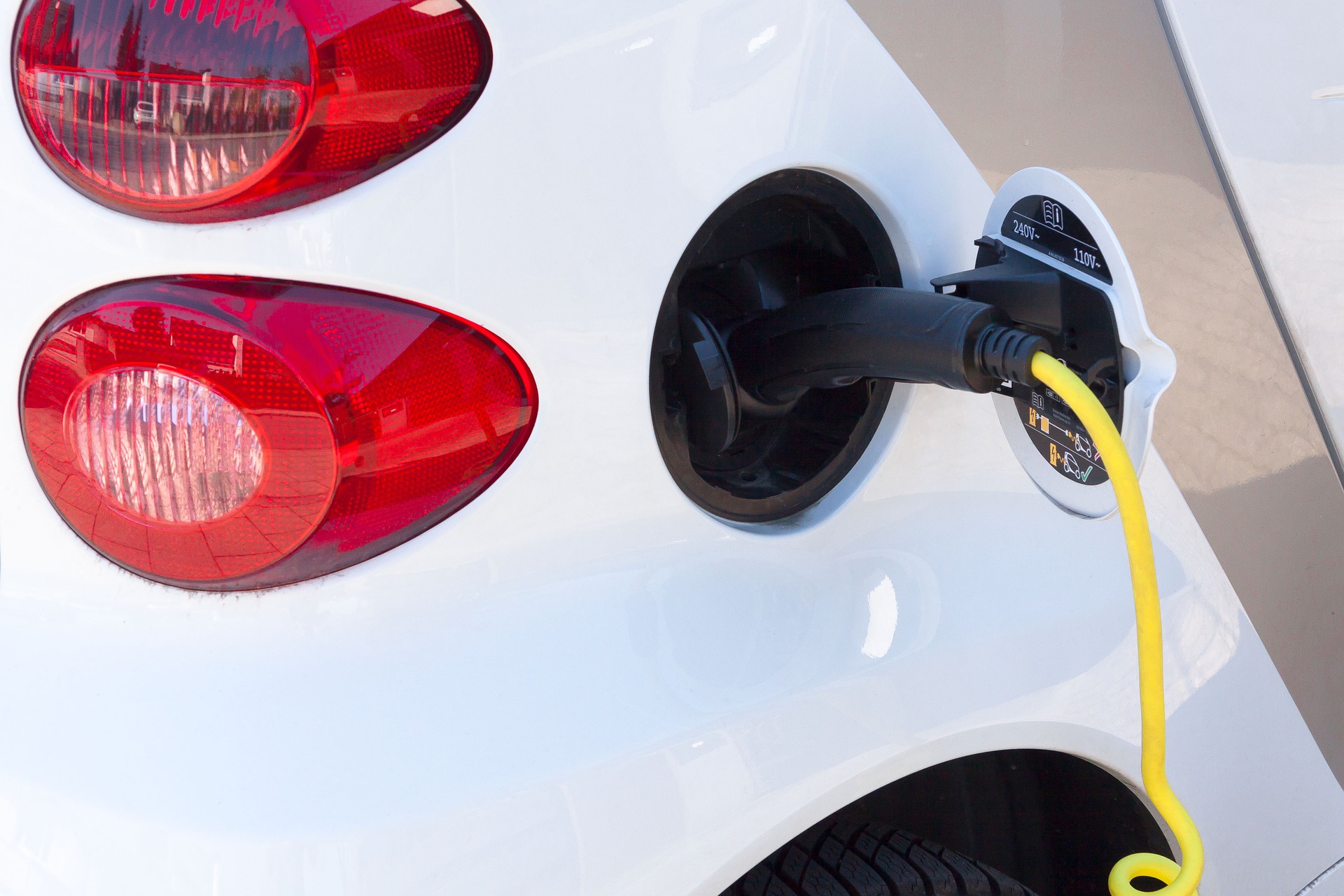
Amidst huge global changes, experts urge a rethink of EU goals
The planned EU ban on the sale of internal combustion engine vehicles will pose economic and social risks to Europe at a time of significant geopolitical uncertainty, experts warn.
Automotive companies and fuel manufacturers have called for negotiations on the European Union’s ambition to allow solely the sale of electric cars as of 2035.
„We all fully support that electrification will be the major technology for light road transport decarbonisation. However, recent geopolitical developments have underlined the uncertainties related to the pathway to full electrification of new cars by 2035,”
the companies wrote in an open letter to EU policymakers. In their view, failing to reconsider the goal set by the EU will pose serious economic and social risks in Europe. They point out that
„increased prices of raw materials for batteries and supply constraints will jeopardise the availability of affordable cars for many citizens and therefore delay the fleet turnover. These risks extend the demand for fossil fuels and slow down the pace of GHG [greenhouse gases] emission reductions,”
the experts warn. There is no guarantee that Europe will have sufficient renewable electricity to satisfy the increasing demand from electrified transport. Consequently, Europe will be forced to rely on electricity coming from coal in the coming period, they argue.
“An additional problem is that while the development of charging infrastructure is increasing across Europe, the charging network is still nowhere near dense enough across the EU. This creates uncertainty that discourages many motorists from switching to electromobility,”
the letter reads. These are, however, not the only factors that could slow down the transition to electric cars. Until now, the general perception has been that, although electric cars are more expensive than internal combustion engine vehicles, their running costs will offset the price difference in the long run. However, given the current geopolitical situation, this is no longer the case.
From 2023, electric cars will face a significant cost disadvantage, experts say. The main reasons why vehicles will no longer be profitable are the loss of subsidies and the brutal rise in electricity prices.
Because of the energy crisis, an electric car will cost at least four hundred euros more per year to maintain than a car powered by an internal combustion engine. If the owner mainly uses fast-charging stations, the additional annual costs can rise to 1476 euros. Experts believe that the extra costs will lead many customers to opt for the internal combustion engine again and postpone the planned purchase of electric vehicles.
Tags:

